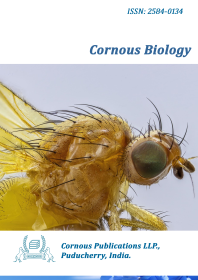

OPEN ACCESS | Published on : 30-Sep-2023 | Doi : 10.37446/corbio/rsa/1.2.2023.1-12 | Pages : 1-12
OPEN ACCESS | Published on : 30-Sep-2023 | Doi : 10.37446/corbio/rsa/1.2.2023.13-32 | Pages : 13-32
OPEN ACCESS | Published on : 30-Sep-2023 | Doi : 10.37446/corbio/rsa/1.2.2023.33-41 | Pages : 33-41
OPEN ACCESS | Published on : 30-Sep-2023 | Doi : 10.37446/corbio/ra/1.2.2023.1-5 | Pages : 1-5
OPEN ACCESS | Published on : 30-Sep-2023 | Doi : 10.37446/corbio/editorial/1.2.2023.1-2 | Pages : 1-2